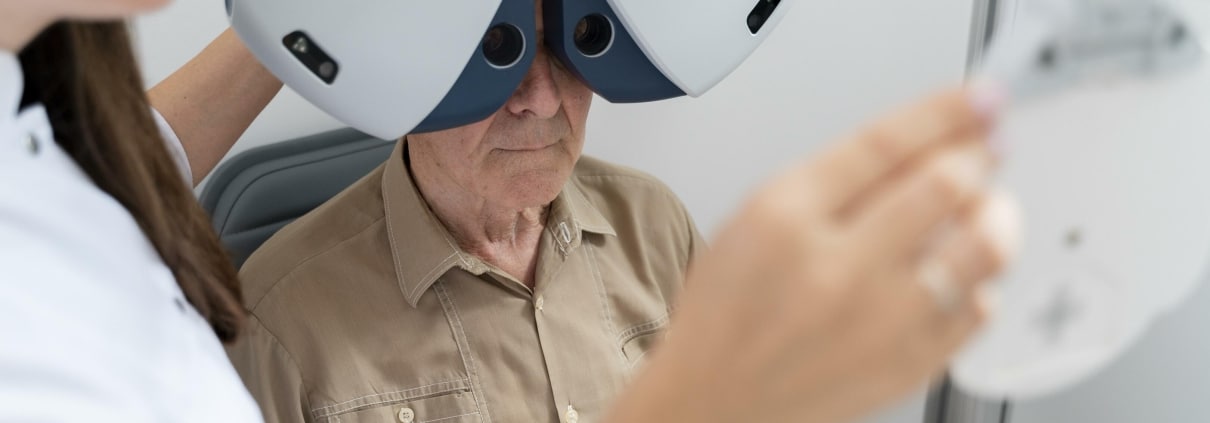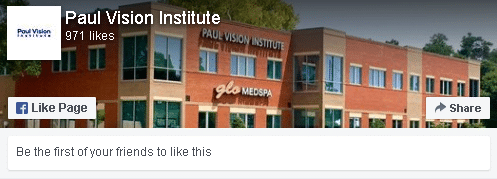What Happens After Your Cataract Diagnosis?
It can be shocking to learn you have cataracts. But the first thing to keep in mind is that they’re pretty easy to treat. Your eye doctor in Wilmington, NC, has different options for treating cataracts that will help improve or restore your vision. But it’s interesting to know exactly what cataracts are, what causes them, and how they’re diagnosed.
Cataracts Are Cloud-Like Films
Cataracts are cloudy films that form over the lenses of your eyes. Each eye has a lens that’s positioned behind the iris, and its purpose is to focus light on the retina so you can see images clearly. When something happens to inhibit the way your lens focuses this light, it becomes difficult to see. In the event of cataracts, a milky-white film forms over the surface, which can worsen over time if left untreated.
Cataracts Are Usually Caused by Injury or Normal Aging
If you’ve suffered an eye injury at some point in your life, or if you’ve had eye surgery, you may be more prone to developing cataracts. Or, sometimes, people simply develop cataracts as they age. Some diseases, such as diabetes, may also put you more at risk. You may first notice the signs of cataracts if you need more and more light to see clearly at night. Cataracts may also cause you to see ‘halos’ or ‘auras’ around bright lights. Also, if things appear smoky or hazy throughout the day, it could be a cataract that’s to blame.
Treatment for Cataracts Involves Simple Surgery
In most instances, your eye doctor can resolve cataracts through simple eye surgery that removes the cloudy lens and replaces it with a clear, artificial one. Cataract surgery is extremely common, and recovery times are short. Generally, it’s considered a very safe treatment. Usually, the procedure can be done in-office on an outpatient basis, and you can return home the same day. You will need someone to drive you to and from your appointment, however.
If you’ve recently been informed that you have cataracts in Wilmington, NC, schedule an appointment with Paul Vision Institute today. We’re happy to sit down with you to discuss your options for treatment.




